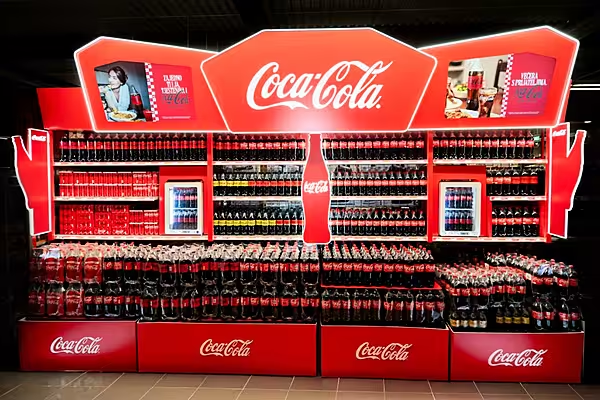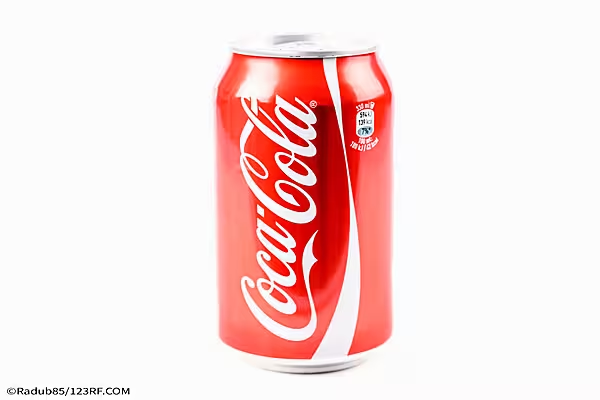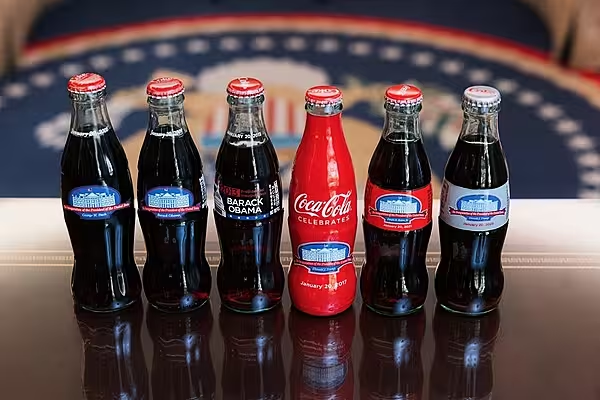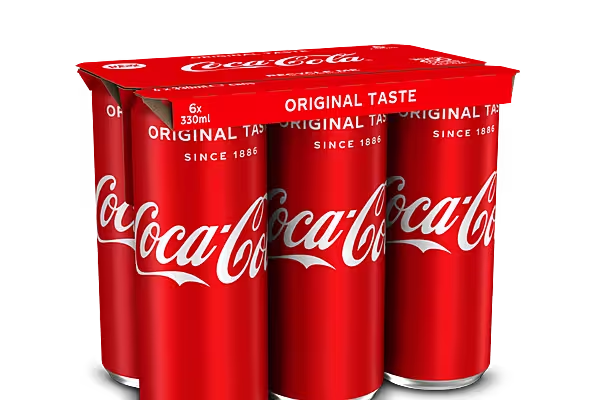Mexican bottler Coca-Cola Femsa SAB’s foray into Brazil is backfiring for bondholders.
The company stepped up acquisitions in Latin America’s biggest economy in 2013 as it sought to offset a loss of revenue from a junk-food tax in its home country. But the strategy is failing to pan out as Brazil’s economy heads for its longest recession since the 1930s and the nation’s currency plunges.
The deepening turmoil is the latest blow to bond investors in the world’s largest franchised Coca-Cola bottler, which earlier this year slashed the value of its Venezuela revenue by 95 per cent because of a collapse in that country’s currency.
Coca-Cola Femsa has seen its overseas borrowing costs climb to a record after chief financial officer Hector Trevino warned of “very difficult circumstances” in Brazil for the rest of this year “and probably a good portion of next year,” during a 23 July earnings call. Standard & Poor’s estimates the company gets as much as 30 percent of its revenue from the South American country.
“Things don’t look good,” Edgar Ruiz, an analyst at Informa Global Markets, said by e-mail from New York. “Brazil is now a new issue for them.”
Coca-Cola Femsa’s $900 million of bonds maturing in 2023 yielded 1.34 percentage points more than U.S. Treasuries last week, the most since they were issued in November 2013, data compiled by Bloomberg show.
Mexico City-based Coca-Cola Femsa declined to comment on the bonds’ performance and the company’s dependence to Brazil.
Trevino told shareholders during the last earnings call both volume and transactions declined 3 percent in Brazil “as a result of the continued deterioration of consumer sentiment and the contraction of their disposable income" as inflation quickened and unemployment grew. Coca-Cola Femsa acquired Brazilian bottler Spaipa SA Industria Brasileira de Bebidas for $1.86 billion in September 2013, three months after buying bottling and distributing firm Cia. Fluminense de Refrigerantes.
Bloomberg News, edited by ESM











